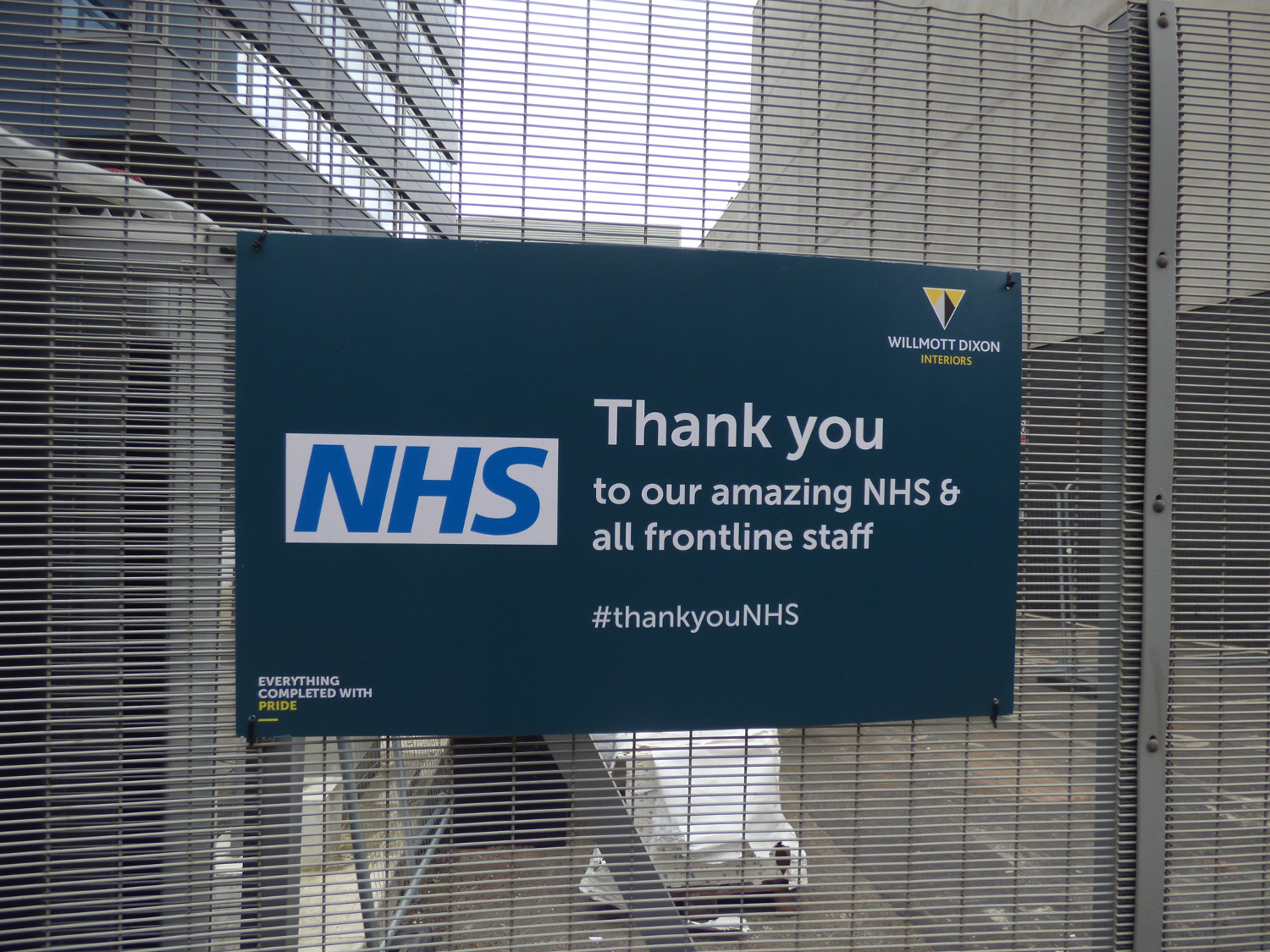The UK has long been among the world’s leaders in tobacco harm reduction, and for years the country’s health authorities have endorsed the use of vapes to quit smoking. So when the Medicines and Healthcare products Regulatory Agency (MHRA) announced on October 29 that it would create updated regulations, clearing the way for licensed e-cigarette products to be prescribed to smokers by the National Health Service (NHS), it made international headlines.
And why not make them available on the NHS? The key advantage is that vapes are more effective for quitting smoking than traditional nicotine-replacement products like patches, chewing gums or nasal sprays, which the country’s universal health care system already covers. NHS doctors actually prescribing e-cigarettes to patients will also reinforce the idea, both in the UK and far beyond, that they are safe and effective. It is a gut punch to tobacco control zealots and nicotine prohibitionists who want vapes banned.
Crucially, this is not a restrictive, prescription-only model like Australia’s.
The MHRA, which green-lights drugs and medical devices, has approved an e-cigarette for use before, but the manufacturer never sold the product. Its new guidance is designed to streamline that approval process. Smoking continues to be the UK’s leading cause of death, and the country still has around 6.9 million adult smokers, even if well over 2 million ex-smokers have switched to vaping exclusively.
Crucially, this is not a restrictive, prescription-only model like Australia’s: Vapes, including flavors, will still remain fully available for Brits without prescriptions to buy.
“While there is good evidence that e-cigarettes available as consumer products can help smokers to quit, we also know that up to one in three smokers in the UK has not tried these devices,” Dr. Linda Bauld of the University of Edinburgh, told the Guardian.
Not everyone welcomed the prospect of the NHS providing e-cigarettes to smokers. Right on cue, an article appeared in the opinion section of Bloomberg News: “The U.K Wants to Pay for Your E-Cigarettes. That’s Worrisome.” The author engages in the “sowing doubt and fear” strategy so beloved of vape-haters. There could be “unintended consequences,” evidence “is unclear,” and “There is a lot we don’t know about the long-term effects of vaping.” And it’s part of the job description for any journalist who works for a Bloomberg publication to mention that the World Health Organization believes vaping is not “safe,” that there is a teen “epidemic” of vaping in the US, and that flavors entice youth: “They come in fetching flavors like bubblegum and vanilla custard (if that’s your thing)…”
What rubbish! In fact, the evidence couldn’t be more clear. Numerous studies have concluded for over a decade that e-cigs are vastly safer than smoking combustible cigarettes. And it’s that comparison that counts.
There are legitimate concerns about the NHS plan though, from at least one tobacco harm reductionist: Dr. Peter Hajek, the director of the tobacco dependence research unit at Queen Mary University of London. While he believes the announcement of prescription e-cigs sends the message that they help smokers switch, he worries about the range of products the NHS would offer.
“Smokers are more likely to benefit from e-cigarettes if they can select flavors, strengths and products that they like, rather than being limited to whatever becomes licensed,” he told the BBC. “Overall, it would seem easier to just recommend existing products which are well regulated by consumer protection regulations … It also does not seem necessary for the NHS to pay for something that smokers are happy to buy themselves.”
The NHS supplying e-cigarettes at no cost would give vulnerable groups, with the highest rates of smoking, a sustained opportunity and incentive to switch.
While concerns about the range and efficacy of prescribed products are justified, it’s wrong to assume that everyone is happy to pay for vaping products, even if they are cheaper than cigarettes. Cost is a huge factor for low-income and unemployed smokers, people who use drugs and people who are unhoused. The NHS supplying e-cigarettes at no cost would give these vulnerable groups, who have the highest rates of smoking, a sustained opportunity and incentive to switch. It’ll be on the MHRA to ensure that the most satisfying and effective products are available on the NHS.
“Opening the door to a licensed e-cigarette prescribed on the NHS has the potential to tackle the stark disparities in smoking rates across the country, helping people stop smoking wherever they live and whatever their background,” said Health and Social Care Secretary Sajid Javid.
Making e-cigarettes available by prescription is a public health strategy that could save the lives of the 78,000 people who die every year in the UK from smoking.
Photograph by Elliot Brown via Flickr/Creative Commons 2.0





Show Comments